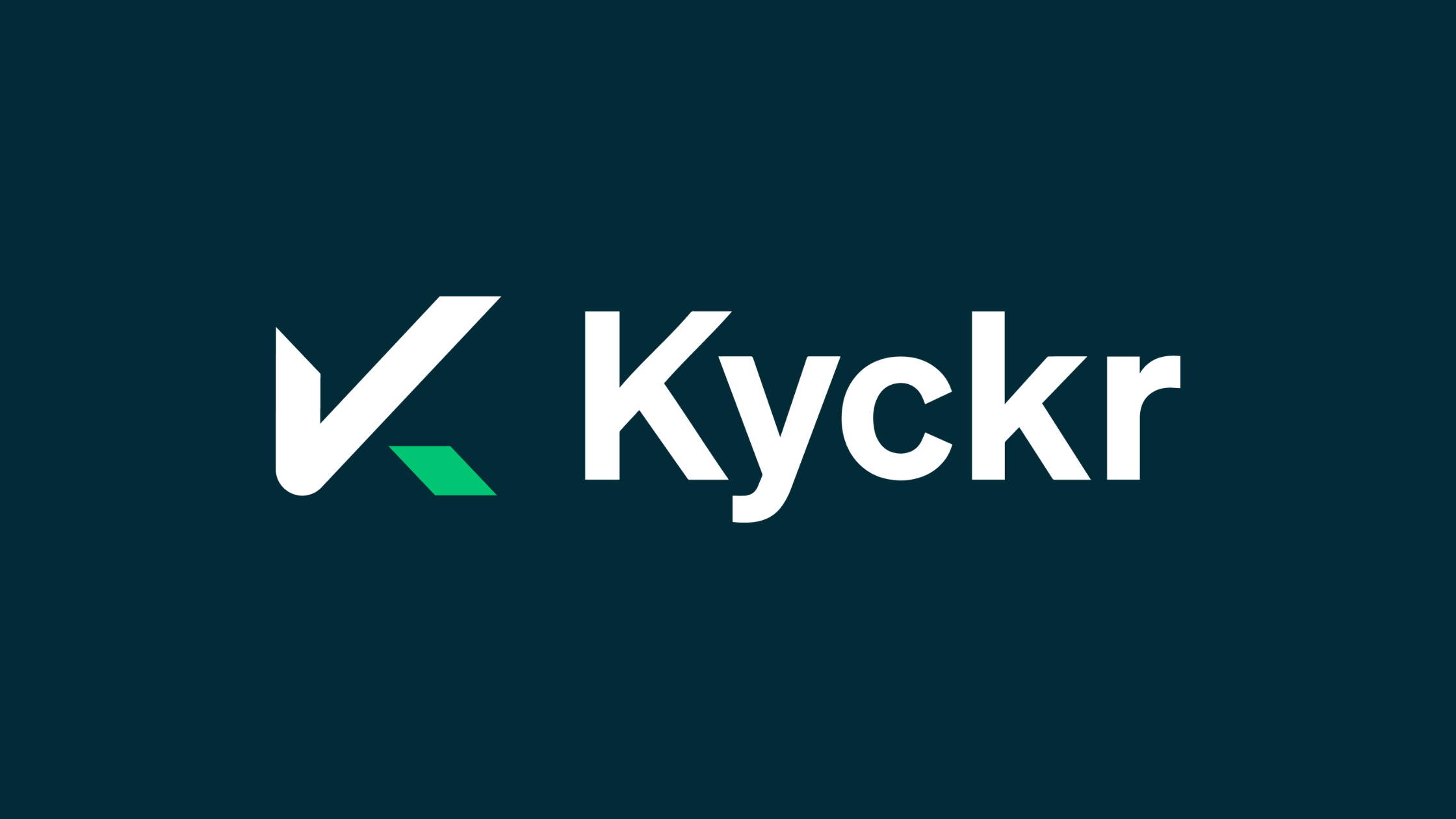News & Blog
CJEU Shareholder Data Opinion: What Obliged Entities Need to Know
The CJEU’s opinion on shareholder data signals reduced public access across Europe. We spoke to UBO expert Stephen Abbot-Pugh about what it means for AML compliance, obliged entities, and ownership transparency.
Netherlands Company Registry (KVK) (2025 Update)
Master the Netherlands Company Registry (KVK) in 2025. Learn how to search Dutch company data, access filings, use KVK APIs, and navigate UBO ownership challenges.
Canadian Individuals With Significant Control (ISC) Data Guide (2025 Update)
Learn how to verify Canadian individuals with significant control (ISCs) using shareholder information and UBO declarations from official corporate registries in Canada.
The Ultimate Guide to Accessing UBO Verification Data (2025)
Learn how to access UBO registry and shareholder data across 300+ jurisdictions. Multi-pronged verification approaches, API access, and registry challenges explained.
The Kyckr Guide to Using Company Registers for KYB
Complete guide to using company registers for Know Your Business. Compare accessibility, data quality, costs and integrations across global registries from the UK to Cayman Islands.
Kyckr named Category Leader in Chartis RiskTech Quadrant for KYC Data and Solutions 2025
Kyckr has been named a category leader in Chartis’s 2025 KYC Data Solutions quadrant, marking the second consecutive year Kyckr has ranked among the top KYB data providers globally.
Why Company Registries Are Changing (According to Kyckr)
Kyckr CEO Steve Lamb explains how company registries are changing – and what financial crime professionals can expect in 2026.
Using Company Registry Data For KYC Data Enrichment (2025 Guide)
Learn how to enrich your KYC workflow with official company registry data, whether from API integrations with company registries, bulk data downloads, or third party KYB data providers like Kyckr.
California Business Registry (2025 Update)
Learn how to search the business registry of the California Secretary of State, Bizfile Online, what information is available, APIs and bulk data downloads, and beneficial ownership information.
Australia’s Business Register (2025 Update)
Confused by Australia’s fragmented business registers? This updated 2025 guide explains the ABR vs ASIC, what data each provides, how to access company filings, the latest registry reforms, and upcoming beneficial ownership changes, plus how to automatically verify Australian UBOs with Kyckr.
A Guide to KYC APIs for UBO Verification (2025 Update)
A guide to using KYC and KYB APIs to integrate company registry data into your workflows for the purpose of verifying UBOs.
Malta Business Registry (2025 Update)
Learn how to search the Malta Business Registry (MBR), order company documents, integrate APIs, and access beneficial ownership data.
EU UBO Registry Access for Obliged Entities (2025 Guide)
The most comprehensive EU UBO register guide, covering all EU member states, including Cyprus and Malta, legitimate interest access rules, the 6AMLD, and how to obtain reliable UBO data across all member states.
The German Business Register (2025 Update)
Understand Germany’s Handelsregister, Unternehmensregister, and Transparency Register in 2025. Learn how to access, search, and verify company data.
Canada Business Registry Search Guide (2025 Update)
Find and verify Canadian company information across federal and provincial business registries for KYC. Access and search Canada’s business registries and UBO registers, including Quebec’s Enterprise Register and Ontario’s Business Register.
The Italian Business Register (2025 Update)
This guide tells you how to search the Italian company register, what kind of information is available, UBO access, and red flags.
Belgium Company Registry (2025 Update)
Explore Belgium’s Company Registry (CBE): data access, API options, beneficial ownership rules, and 2025 AML reforms for compliance professionals.
Kyckr data featured in University of Manchester report on football ownership
Kyckr data used in groundbreaking University of Manchester report, Staying Onside: English Football, Illicit Finance, and the Incoming AML Regime (Duncan & Lord, 2025).
The Cayman Islands Business Register (2025 Update)
Learn how to access the Cayman Islands Business Register for KYB checks. Discover which company data is public, how to request certificates, and how to verify beneficial ownership under BOTA 2025.
The British Virgin Islands (BVI) Business Register (2025 Update)
Complete guide to searching the BVI company register. Learn costs, access procedures, red flags, and why the BVI was FATF grey-listed in June 2025.























